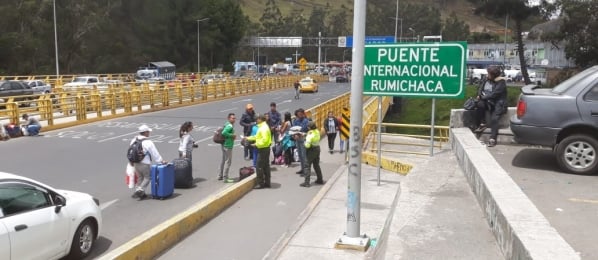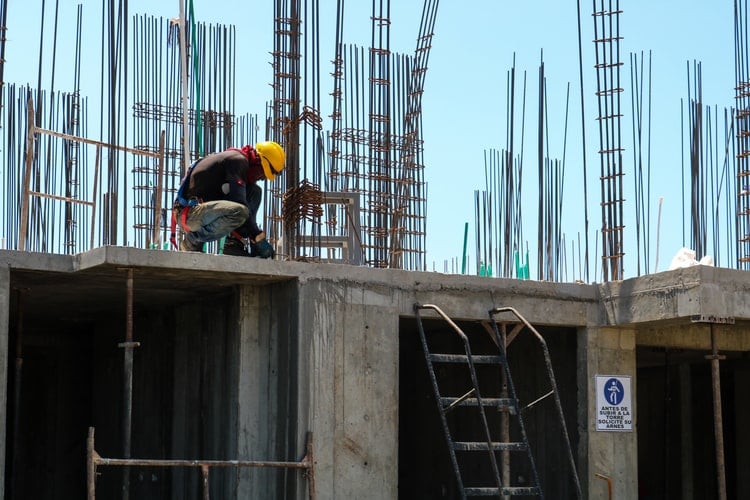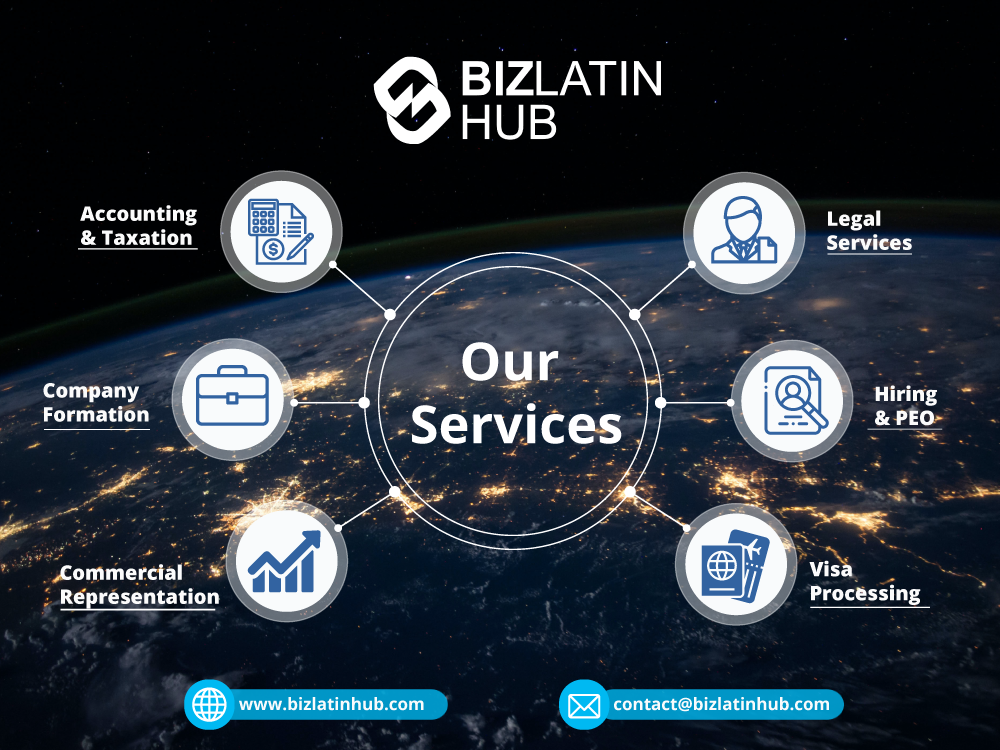Citizens of Bolivia, Colombia, Ecuador, and Peru can now travel with ease among these four Andean nations, after a new free movement statute came into force on August 11. The move promoting regional integration in Latin America promises to bring significant benefits to businesses, governments, and workers alike.

Under the terms of the Andean Migration Statute, also known as Decision No 878, citizens of any of the four member states of the Andean Community of Nations (CAN) will be able to easily travel as tourists, as well as being eligible for two types of residency in the three other nations making up the bloc.
The move has been described as an “historical landmark” by CAN Secretary General Jorge Hernando Pedraza.
As tourists, citizens of each of the countries will be able travel visa-free between the four nations with only a valid national identity document, and will be granted a stay of 90 days in each country, which can subsequently be extended for a further 90 days.
SEE ALSO: Legal Requirements to Register a Company in Colombia
Citizens of each of the four countries will be limited to a maximum of 180 days per calendar year in any of the other countries while holding tourist status. However, they will also be eligible for both temporary residency and permanent residency.
Regional integration in Latin America: residency options among CAN citizens
Citizens of the four CAN member states will be able to apply for temporary or permanent residence status based on meeting certain criteria. Temporary residency status will be granted for a period of up to two years, while permanent residency is indefinite.
In both cases, applicants will need to be in possession of a travel document that is valid for at least six months after entry into the country where resident status is being granted. They will also have to provide a criminal record background check from their home country, or any country where they have been recently living.
In the case of permanent residence, the applicant will need to be able to demonstrate the means by which they will be able to support themselves and any family members who will be accompanying them living in the new country.
Once temporary or permanent residence status has been granted, the holder will enjoy the same rights as local citizens, able to engage in any legitimate form of economic activity — a crucial aspect for the proper functioning of such economic integration agreements.
Regional integration in Latin America: reasons for regional economic integration
The new agreement is a highly significant move to promote regional integration in Latin America, promising significant benefits to a variety of stakeholders. The purpose of regional integration is to encourage economic benefits for workers and businesses alike, as well as to bring benefits to the governments participating. Below some of those benefits are considered:
Workers

For workers from any of the four countries, the ability to more freely move around the Andean region offers important advantages. Namely, where one or another economy is performing more strongly and has more opportunities on offer, or where jobs are scarcer in a particular country, workers will be able to move in search of better employment opportunities.
While the European Union (EU) is a distinct setting compared to CAN, it is notable that the OECD has estimated that free movement in the EU has lowered the average unemployment rate across its members by up to 6%. While it is not clear how much of a similar pattern can be expected in the Andean region, any potential reduction in unemployment levels will be beneficial.
Governments
The potential for both reducing unemployment in times of hardship and increasing the supply of workers in times of growth represents just one area in which the four Andean governments can benefit from this move to promote regional integration, with the OECD also noting that EU countries where workers tended to move to experienced gross domestic product (GDP) growth of up to 1%.
However, another benefit from increasing the opportunities for movement in the region is the reduction in irregular migration that will be seen between the countries. With workers now able to move and work more freely in the region by legitimate means, fewer people will be inclined to move irregularly, which should reduce the administrative burden associated with managing irregular migration.
Businesses
The free movement of workers brings with it a range of benefits for businesses, namely that it allows companies based in any of the four countries to more readily draw on a broader talent pool. That offers access to a highly diversified skill set, as well as offering businesses the benefit that they can easily move staff between operations based in different countries.
That leads onto another benefit for both business and governments, namely that free movement offers greater incentives for companies to expand their operations within the Andean region, rather than looking at markets outside, due to the ease with which they will be able to draw on resources across borders.
As seen in Europe, a flexible international recruitment environment allows companies to be more nimble and responsive to local conditions, and approach their operations from a region-wide perspective.
One of the major advantages that businesses based in the Andean region will enjoy, and which promises to further bolster this regional integration initiative, is the fact that almost all workers from the four countries involved speak Spanish — making movement of human capital all the more feasible.
Biz Latin Hub can help you doing business across borders in Latin America
At Biz Latin Hub, we have teams of corporate support experts in place in 18 markets across Latin America and the Caribbean, including in Bolivia, Colombia, Ecuador, and Peru. With our comprehensive portfolio of back office solutions, including company formation, legal, accounting & taxation, visa processing, and recruitment services, we can be your single point of contact for overseeing operations in one jurisdiction, or across multiple markets.
That uniquely positions us to be able to help you enjoy the benefits on offer from efforts to promote regional integration in Latin America, such as the new Andean Migration Statute.
Contact us today to discuss how we can support your business.
Or read about our team and expert authors.





